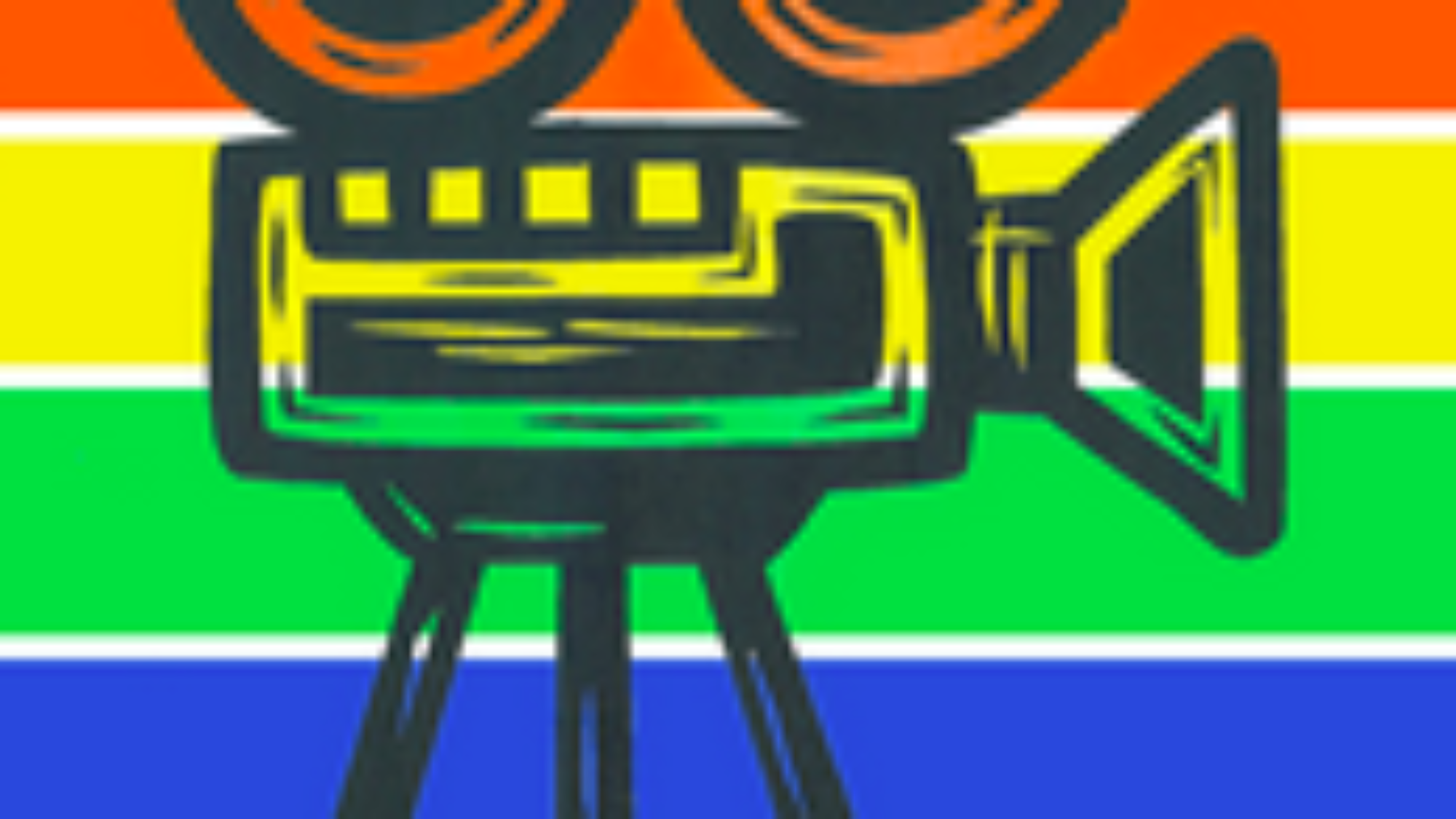Written by Peter/Ethel Thurston
The gay agenda has swept across the land, causing conservative outrage. But how have we fared in the realm of media? Film, literature and drama have always played an important role in gauging the perceptions of society and the recent addition of the internet has not changed that. So twenty nine years after the ‘The Celluloid Closet, Homosexuality in the Movies’ was first put to print, let us take a look at a few of the many ways in which things have changed.
While tropes and archetypes still exists, LGBT+ individuals now appear in a much broader range. Before LGBT+ individuals seemed to either fit into the powerless comedy relief or the depraved mastermind. For the latter I specifically recall reading the rape filled lust of Baron Vladimir Harkonnen for young Paul Atreides, the son of his arch rival Duke Leto Atreides in Frank Herbert’s first book in the iconic Dune series. (Something the movie took to a whole new level with blood orgies).
Not forgetting Lt. Lois Einhorn from Ace Ventura: Pet Detective who organized an elaborate revenge. Going so far as to seduce Ventura as he asks about her connections to Ray Finkle. The problem? Turns out that Einhorn is Finkle, a fact revealed in one of the most humiliating jokes run at the expense of trans individuals not just once but twice. That’s without getting into the fact that the first one parodied post-rape scenes from popular films.
But enough complaining about the past, how does today stand up to scrutiny? Whilst these archetypes have not disappeared and tropes such as ‘Bury all your gays’ still find their way into media, there are examples that have begun to challenge this in mainstream media. Sophia Burset, Laverne Cox’s character in ‘Orange is the New Black’, Wallace Wells in ‘Scott Pilgrim vs. The World’. Not convinced? Well how about the announced reboot of Xena, that writers have confirmed will explore the warrior princess’s relationship with Gabrielle more openly. The fact that old characters are not simply coming back but back and proud should be a clear indicator of the shift. (Whether strictly lesbian or bisexual has not been confirmed, but either way it’s a win!).
The age of Kindle has allowed many LGBT+ writers, as well as books about LGBT+ characters, to enter the market in untold volumes. And it’s not just the digital front that has grown. LGBT+ focused books have made it into printed publishing. Many books are starting to become more inclusive of background characters which offer texture to the world in which the story takes place. The same goes for graphic novels and comics such as the before mentioned ‘Scott Pilgrim’.
In the gaming world the trend has also been positive. No longer is trans status a work around to allow the beating up of women in fighting games. We’ve see more LGBT+ characters, in role playing games. Including Fallout, Dragon Age and even new expansions for ancient classics such as Baldur’s Gate. However, this faced aggressive backlash from gamers in recent times. Equating anything beyond a cis heterosexual character, with ‘forcing’ or ‘shoehorning’ a political agenda. Mirroring language that, now typically restricted to isolated pockets of ignorance, was once common place across media platforms. There is still a lot of progress to be made but it is certainly moving in the right direction with game developers being more aware of the LGBT+ community.
Things have got better across all media, but they are still far from perfect. Demeaning archetypes and tropes still exist, but are starting to be watered down with each year as new and inclusive material is produced. However there is one set of media that has truly outshone the traditional formats and that is online media created not by large production groups but rather the grass-roots producer. Content for us made by us.
From written blogs and news articles to vlogs and web-shows we have seen a veritable explosion of LGBT+ creative and informative content. The internet boom has not only allowed LGBT+ people to speak without censorship, but has brought to light and celebrated more diversity that previously imagined. Communities have continued to grow beyond a mere four letters, offering everyone the tools to explore who they are and with that the ability to find security in who they are.

